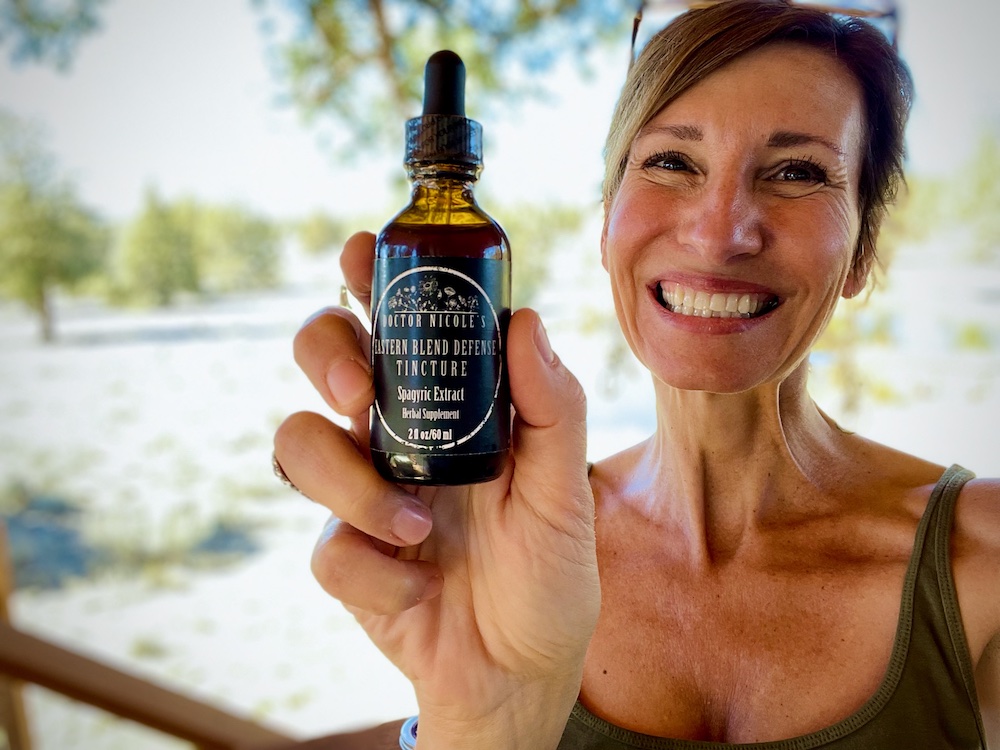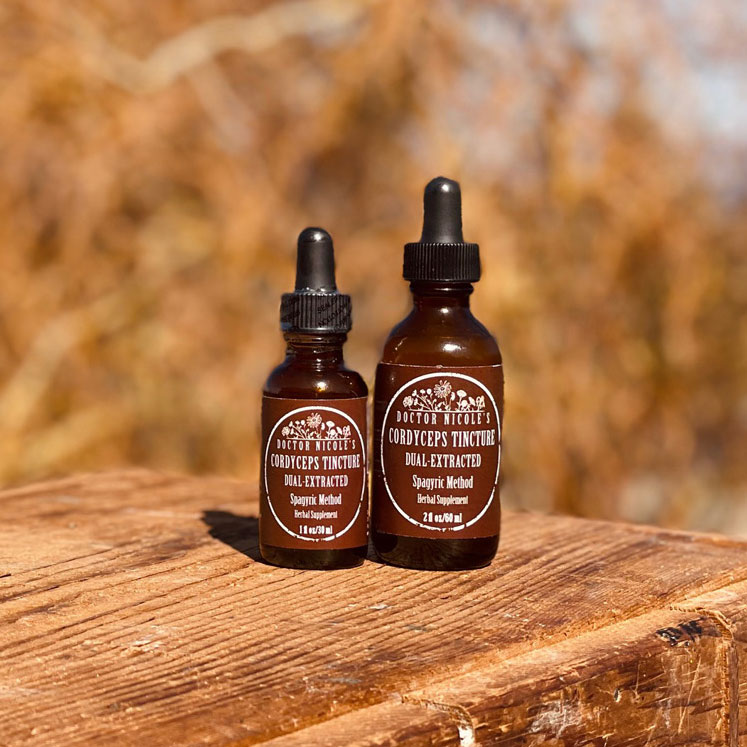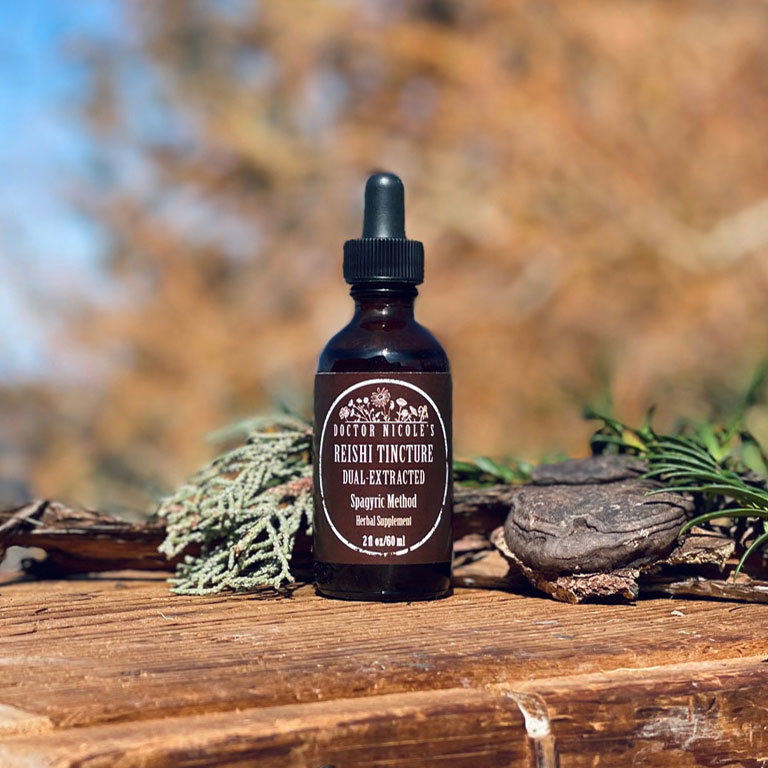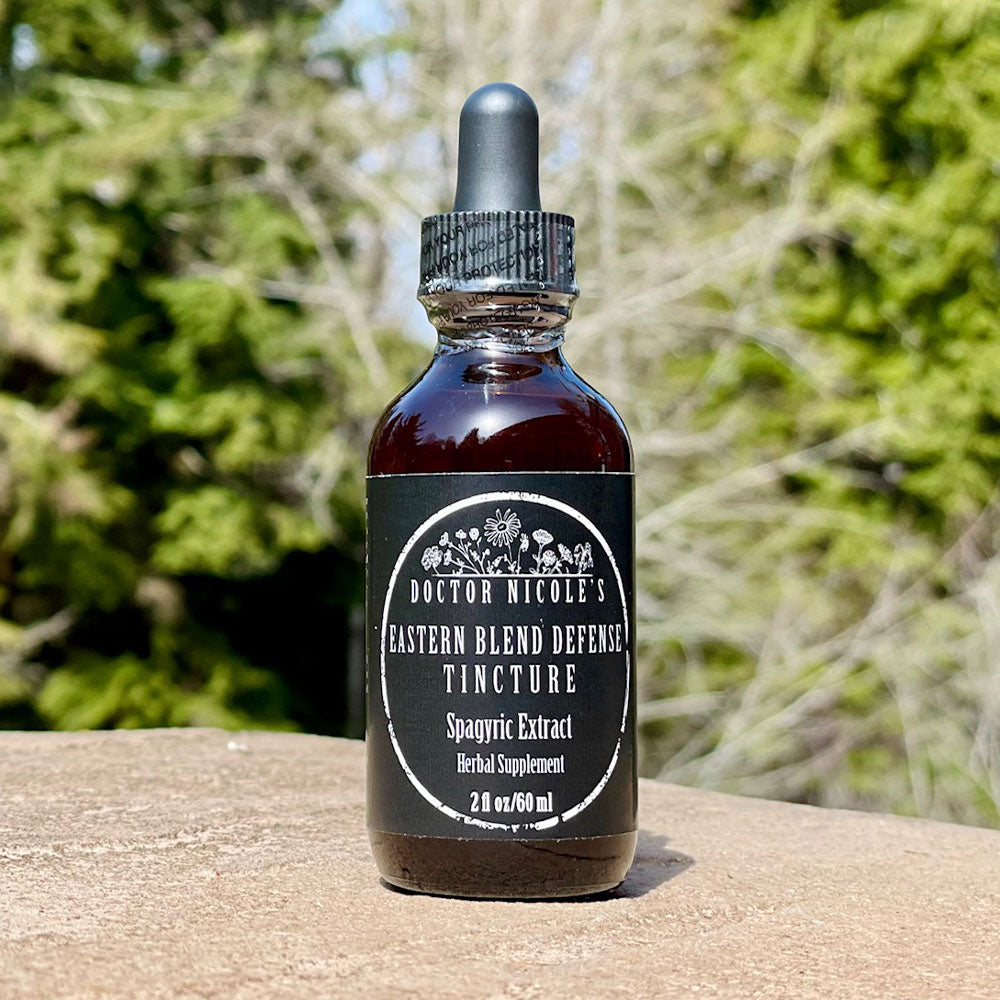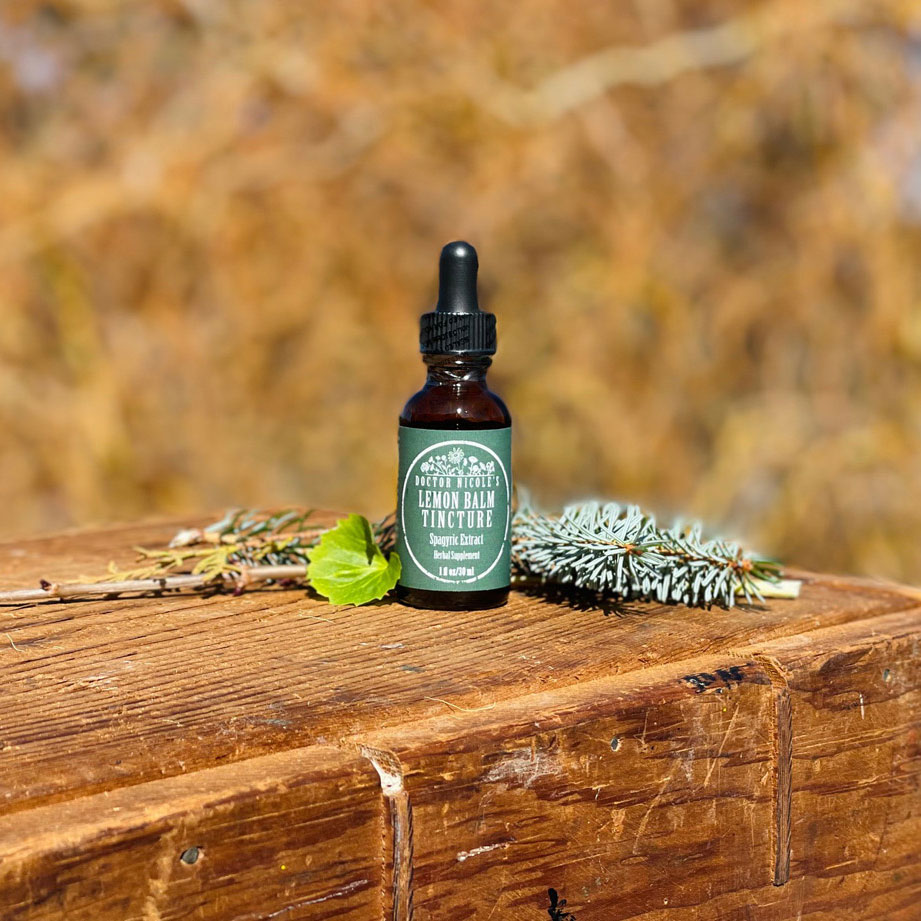Inflammation, Viral Illness, and Mood Disorders
Throughout the pandemic, many underlying health concerns were highlighted as they contributed to poorer outcomes for severe acute respiratory syndrome. Pre-existing chronic conditions such as diabetes, obesity, kidney disease, COPD, and cardiovascular disease made the viral illness much more pronounced due to “cytokine storms”. This is where the immune system becomes dysregulated and excessive systemic inflammation takes hold.
Other conditions that are associated with an increased risk of severe immune response to the virus include neurological mental health issues, including dementia, clinical depression, bipolar disorder, and schizophrenia. Because of this, researchers began investigating why. What they found may surprise you.

Neurological Conditions and Severe Acute Respiratory Syndrome
Over the past several years, the association between contagious severe respiratory illness, mental health issues, and poorer recovery outcomes has been well established in large scale studies.1,2 But scientists have been at a loss as to why until a recent hypothesis began to gain ground. Namely, an underlying mechanism specific to those with mood disorders and neurological conditions. Upon further examination, they found participants all had one aspect in common: a dysregulated immune system and chronic inflammation markers long before their infection with the respiratory virus.
Researchers have known for quite some time that chronic inflammation is a key component of mental health conditions, but they were not sure why the immune system was unbalanced in the first place.3 The higher the inflammation, the more severe the neurological disorder. In depression, you see a moderate increase of widespread inflammation. But for those with severe depression, the level of inflammation is higher — and even more so for those with bipolar or schizophrenia.
With an uptick of mood disorders and other neurological conditions throughout the pandemic that developed during or after the infection, scientists have found time and again that viral infections can significantly impact our mental health. 4 But researchers have suspected this to be the case long before the pandemic hit.

Psychiatric Health and Infections
A case in point is a study published back in 2013 involving the health records of 3.56 million people that were born between 1945 and 1996 in Denmark. The data collected firmly established that those who had a health history of viral infection or an autoimmune disorder were much more likely to develop a mood disorder down the road.5 Interestingly, the research team discovered that the more infections one had, the higher the risk for mental health problems in the future.
Additionally, researchers at the Institute for Virology and Immunobiology of the University of Würzburg and their US colleagues made a surprising discovery: nerve cells infected with human herpesvirus HHV-6 in patients with bipolar disorder and/or severe depression. Published in the journal Frontiers in Microbiology, the team found that the virus had infected Purkinje neurons in the cerebellum, a region of the brain that is associated with motor learning, fine motor control of the muscle, equilibrium and posture, along with emotions, perception, memory, and language.6
Lead researcher Bhupesh Prusty notes, “Pathogens may disrupt neurodevelopment and cross talk with the immune system at key developmental stages,” leading to psychiatric disorders later on.7
Herpesviruses, including HHV-6 examined in the study, are widespread and include Epstein-Barr virus, cytomegalovirus, chicken pox, and more. A hundred percent of the human population is infected with HHV-6B before the age of three. Herpesvirus HHV-6 can not only cause mental health issues, but is also linked to the following conditions:
- Multiple sclerosis
- Colitis
- Guillain-Barre
- Hashimoto’s thyroiditis
- Lupus
- Poor immunity
- Chronic fatigue syndrome
- Fibromyalgia
- Sjogren’s syndrome
- Cardiovascular disease
- Epilepsy
- Diseases of the kidney, lung, and liver
Effectively Treating Viral Infections
Most of us have been exposed to a range of herpesviruses at one point or another — and they remain in your system for life, typically laying dormant in the organs, GI tract, brain, and/or glands. But for up to 25% of the population, the virus can become reactivated during times of stress, poor health, compromised immunity, trauma, or endocrine system disruption. This is why it is crucial to fortify your immune system and avoid viral contagious illness as much as possible.
Below is a brief synopsis of helpful remedies. However, if you are seeking comprehensive protocols for boosting immunity, overcoming viral and bacterial infections, and much more, my new book, The Holistic Guide to Wellness: Herbal Protocols for Common Ailments is an excellent resource.
It is important to keep in mind that before true healing can occur, we need to address chronic stress, poor dietary habits, and environmental influences such as mold, chemicals, and toxic personal products.
Helpful supplements for lowering your viral load and fighting herpesvirus infections include lemon balm, monolaurin, curcumin, licorice, NAC, quercetin, and black cumin seed oil.
Additionally, reishi and cordyceps medicinal mushrooms are not only exceptional for supporting a healthy immune response, but as adaptogens they also strengthen the body against the negative effects of stress — such as inflammation, hormonal imbalances, high cortisol, fatigue, and low energy. They are outstanding for tackling bacterial and viral infections as well. High-potency, dual-extracted spagyric tinctures of reishi and cordyceps can be found in my apothecary.
Additionally Chinese skullcap, Japanese honeysuckle, and Japanese knotweed are anti-inflammatory, boost/modulate the immune system, and also help to fight viral and bacterial infections. Along with cordyceps, each herb is included in my Eastern Blend tincture.
Interested in learning more about these and many other powerful natural remedies? Visit my apothecary today!
Nicole Apelian
Nicole’s Apothecary Products in this Post
References
- Nemani K, Li C, Olfson M, et al. Association of Psychiatric Disorders With Mortality Among Patients With COVID-19. JAMA Psychiatry. 2021;78(4):380–386. doi:10.1001/jamapsychiatry.2020.4442
- Ceban, F., Nogo, D., Carvalho, I. P., Lee, Y., Nasri, F., Xiong, J., Lui, L. M. W., Subramaniapillai, M., Gill, H., Liu, R. N., Joseph, P., Teopiz, K. M., Cao, B., Mansur, R. B., Lin, K., Rosenblat, J. D., Ho, R. C., & McIntyre, R. S. (2021). Association Between Mood Disorders and Risk of COVID-19 Infection, Hospitalization, and Death: A Systematic Review and Meta-analysis. JAMA psychiatry, 78(10), 1079–1091. https://doi.org/10.1001/jamapsychiatry.2021.1818
- Miller, A. H., & Raison, C. L. (2016). The role of inflammation in depression: from evolutionary imperative to modern treatment target. Nature reviews. Immunology, 16(1), 22–34. https://doi.org/10.1038/nri.2015.5
- Taquet, M., Geddes, J. R., Husain, M., Luciano, S., & Harrison, P. J. (2021). 6-month neurological and psychiatric outcomes in 236 379 survivors of COVID-19: a retrospective cohort study using electronic health records. The lancet. Psychiatry, 8(5), 416–427. https://doi.org/10.1016/S2215-0366(21)00084-5
- Benros ME, Waltoft BL, Nordentoft M, et al. Autoimmune Diseases and Severe Infections as Risk Factors for Mood Disorders: A Nationwide Study. JAMA Psychiatry. 2013;70(8):812–820. doi:10.1001/jamapsychiatry.2013.1111
- Bhupesh K. Prusty, Nitish Gulve, Sheila Govind, Gerhard R. Krueger, Julia Feichtinger, Lee Larcombe, Richard Aspinall, Dharam V. Avlashi, Carla T. Toro. Active HHV-6 infection of cerebellar Purkinje cells in mood disorders. Frontiers in Microbiology, 2018 (accepted); DOI: 10.3389/fmicb.2018.01955
- University of Würzburg. (2018, August 9). Viruses can trigger psychiatric disorders, research suggests. ScienceDaily. Retrieved April 4, 2023 from www.sciencedaily.com/releases/2018/08/180809112440.htm


